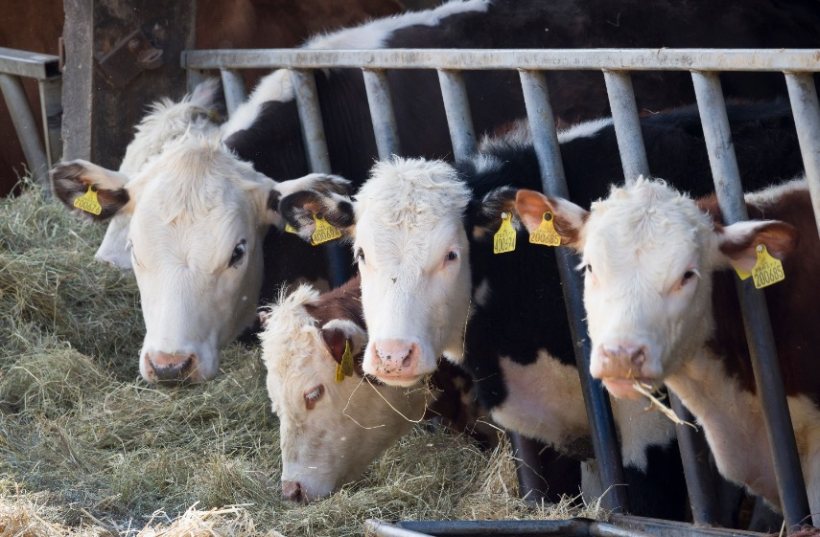
Farm leaders have warned of the 'devastating' impact that new post-Brexit veterinary requirements could have on exports.
Several farming bodies, including the NFU, National Pig Association and National Sheep Association, have raised the concern to the new government.
As a result of leaving the EU, the UK meat industry needs to comply with a requirement for farms to have regular animal health visits by a vet in order to become export compliant.
Until now, farmers have been able to comply with EU Animal Health Regulations (AHR) by providing a simple farmer declaration that vet visits have been done.
However, in May this year, Defra took the unilateral decision to add a UK-only requirement for a veterinary attestation.
In a new letter to Farming Minister Mark Spencer, a coalition of farming bodies said it could take 'many months' to implement this new rule due to current shortages of vets.
The organisations warned the issue was ‘entirely avoidable’ and that if the change went ahead, a significant amount of the UK’s meat production would become non-compliant for export to the EU overnight.
This would mean that thousands of farmers could see their livestock ‘considerably devalued’.
Farms that are members of Red Tractor, Quality Meat Scotland or the Farm Assured Welsh Livestock will meet this new requirement and would not need to provide further evidence at the point of export to official veterinarians (OVs).
But farms that are not assured would need to be able to provide evidence that they have had regular vet visits to enable OVs to sign export health certificates (EHCs) at the point of export.
The letter points out that at least part of almost every animal in the country gets, even if it is only the skin or hide which has significant value, with 72% of UK meat exports going to the EU.
It warned the move will have a ‘devastating effect’ on farmers, auction markets and meat processors, and would force up livestock prices.
The bodies added that it would further fuel consumer food price inflation as the industry is forced to recover lost export revenue and additional costs through higher prices.
Responding, a Defra spokesperson said: “We are aware of the concerns raised by industry about the process of providing evidence of regular vet visits.
“Businesses exporting goods from GB to the EU are required by the EU to use EHCs signed by an official vet. This requirement is set by the EU and is not within the control of the UK government.
"We are engaging with businesses and the Royal College of Veterinary Surgeons to try and ease the burden on exporters in meeting these EU requirements.”
